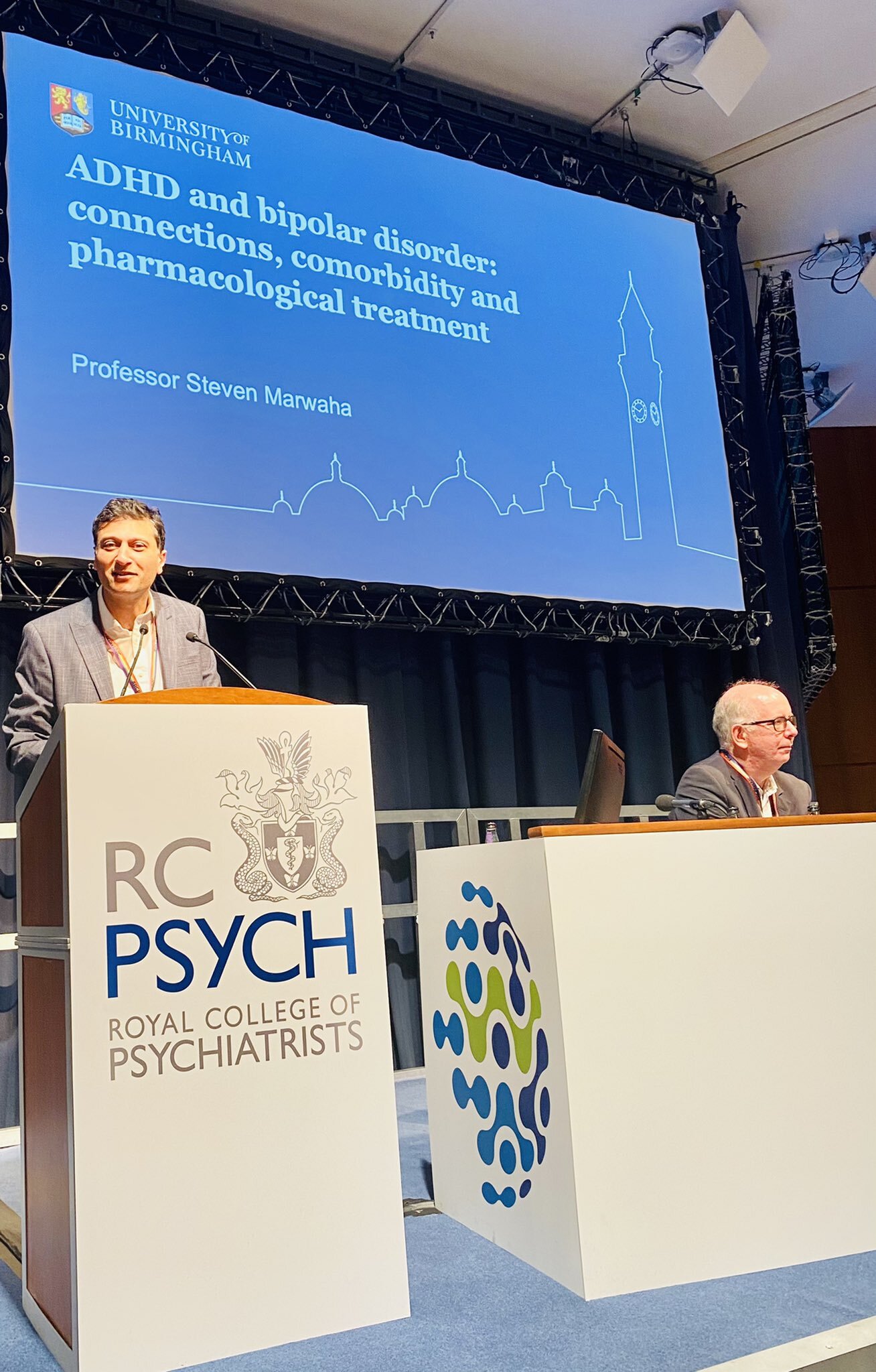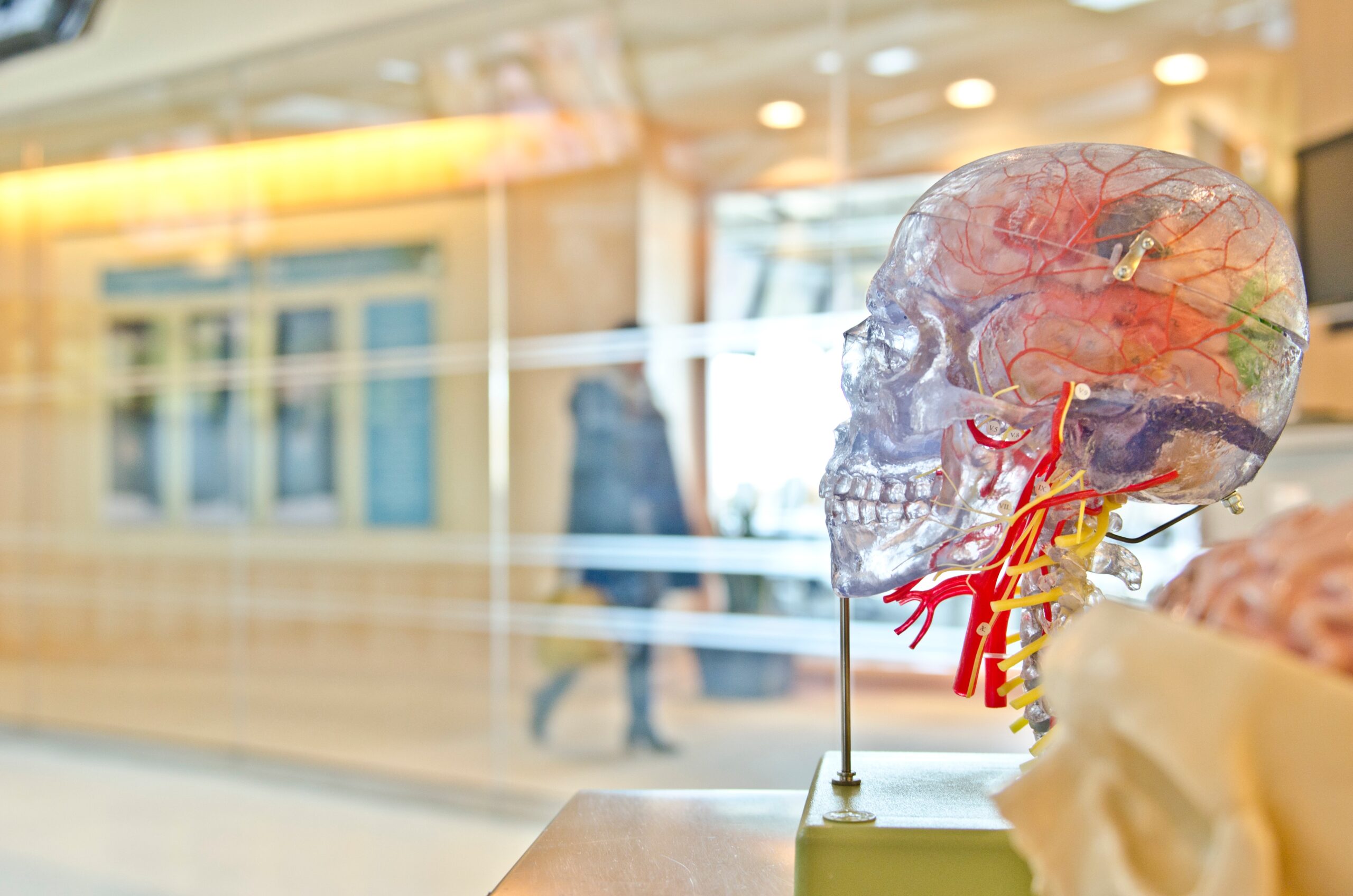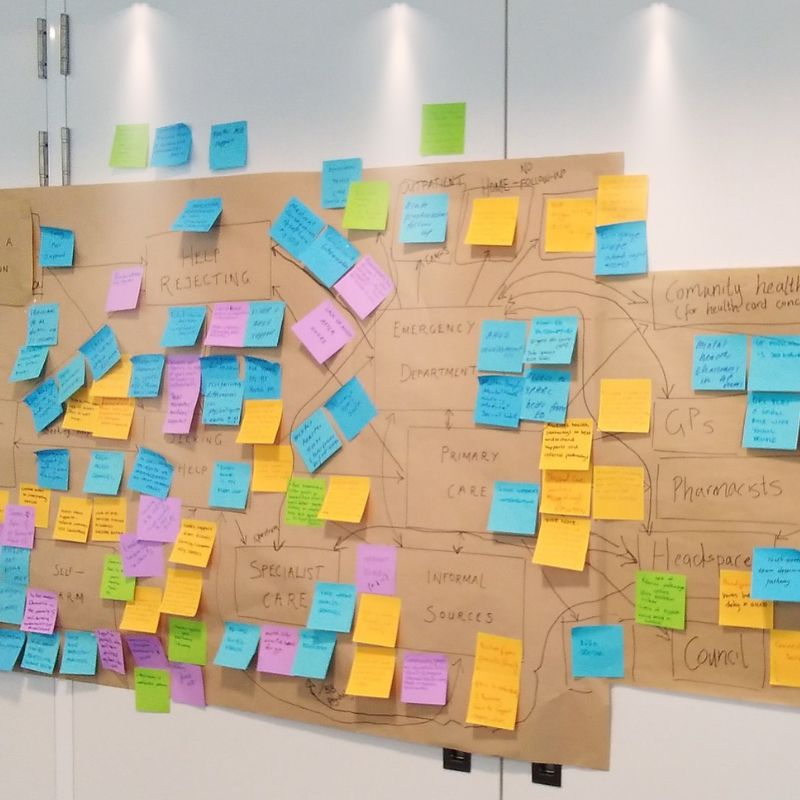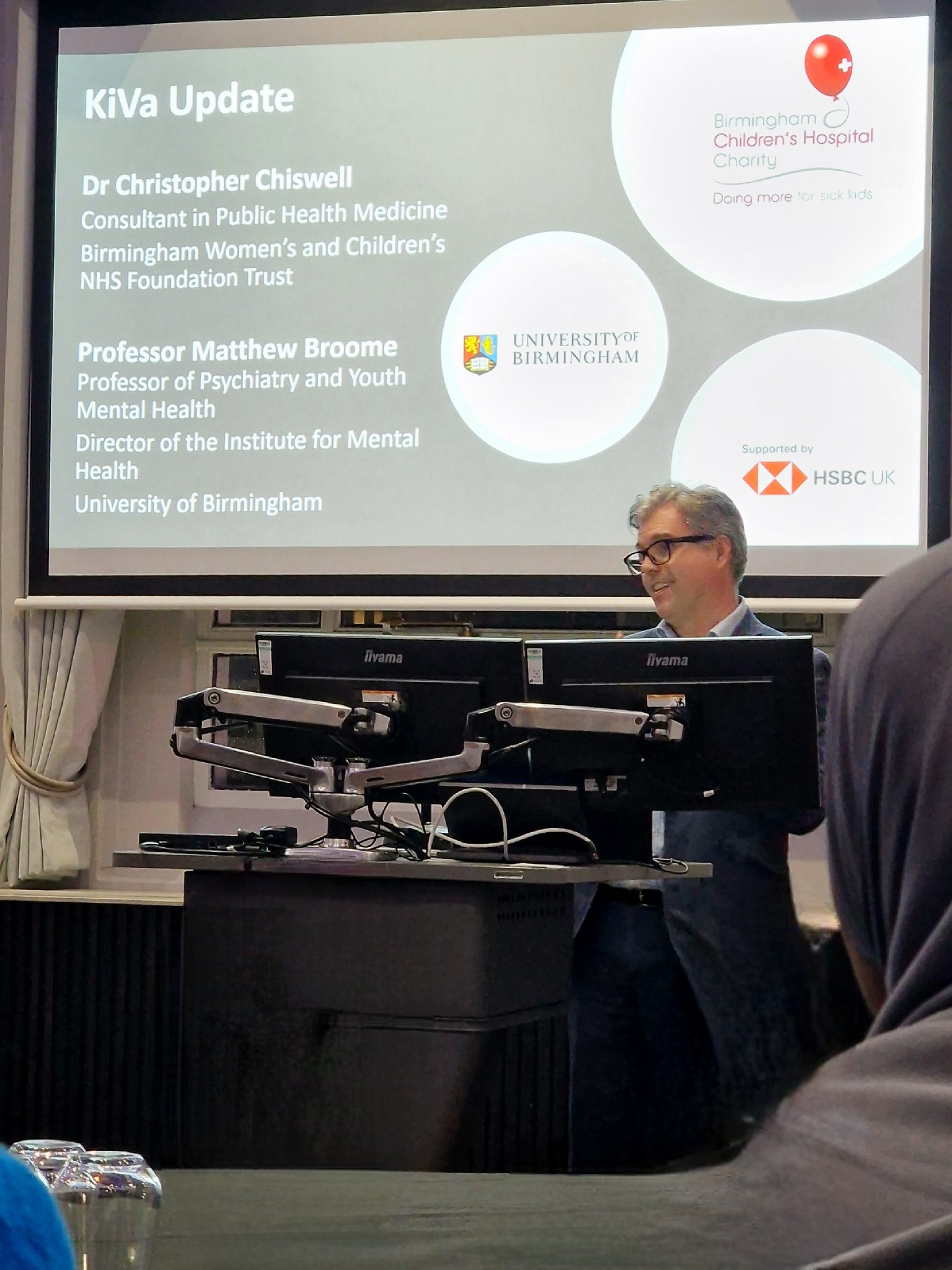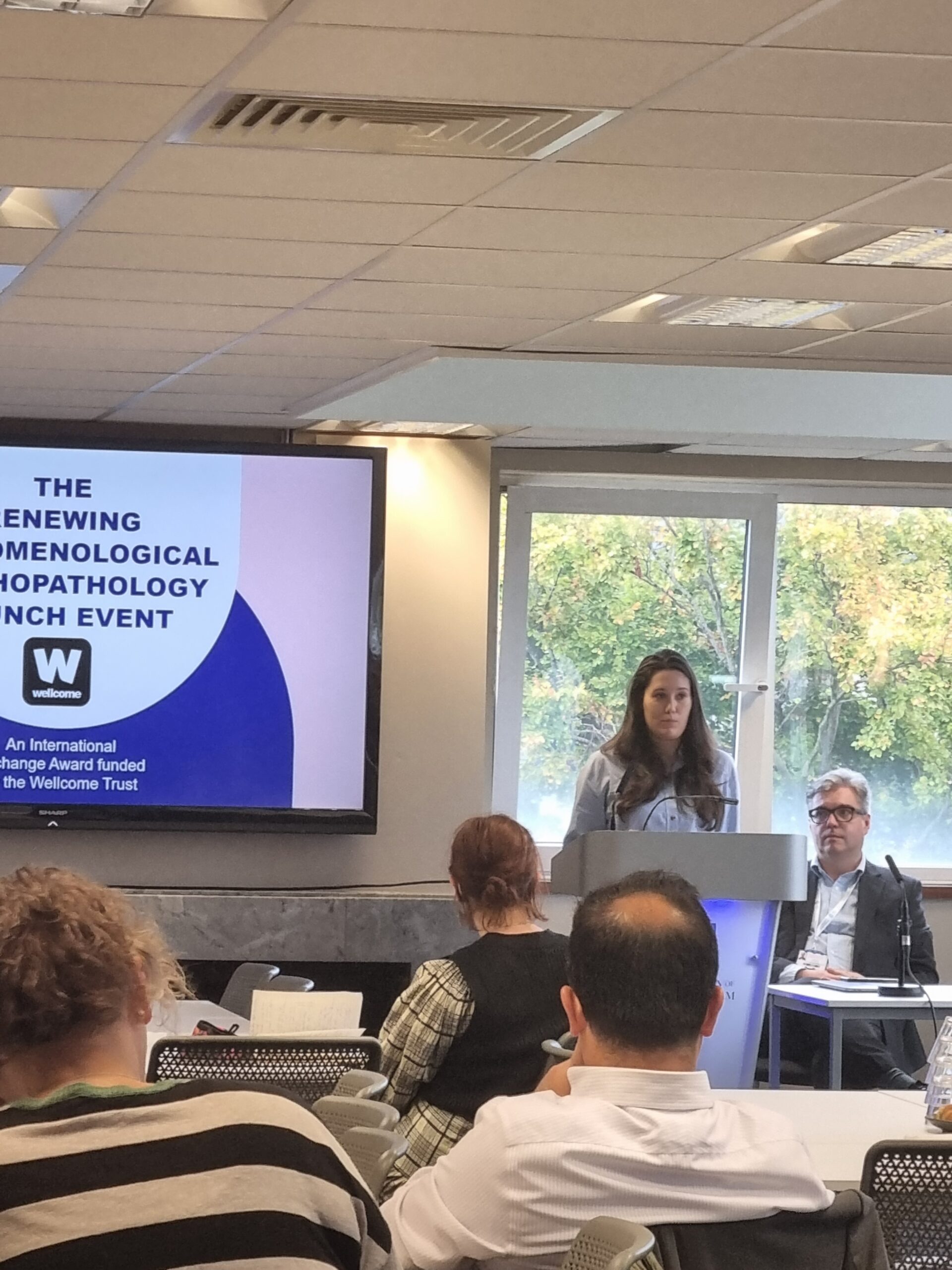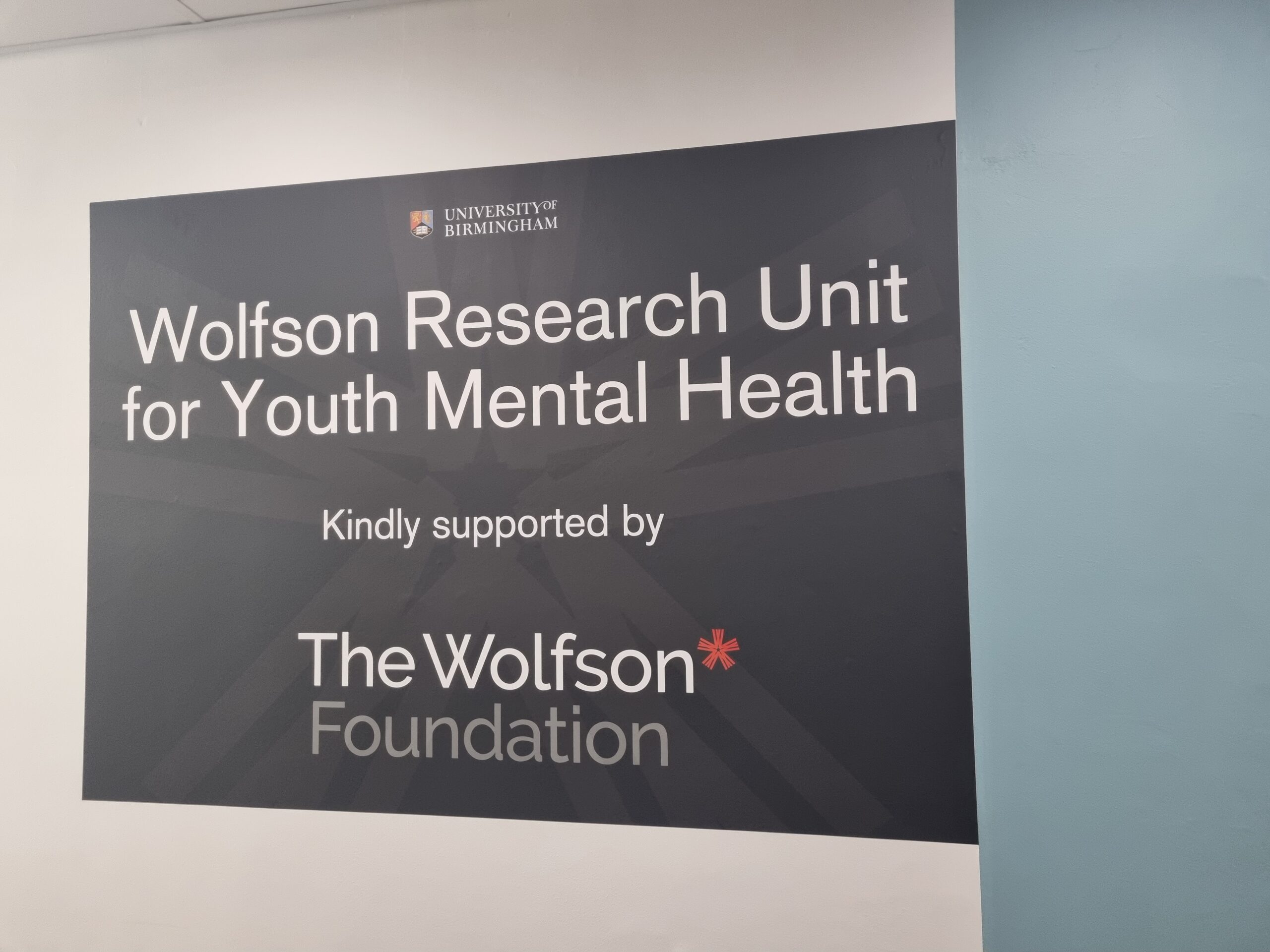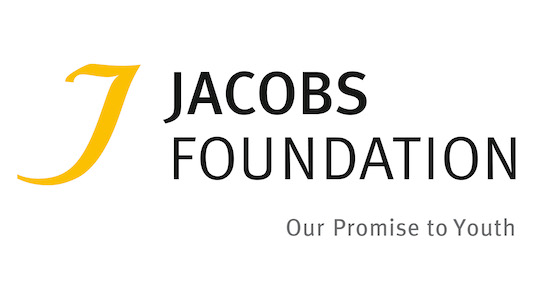Welcome to the Annual Report
A review and rundown of 2022 at the Institute for Mental Health
Welcome to the Annual Report
A review and rundown of 2022 at the Institute for Mental Health

Introduction from Director of the Institute
Professor Matthew Broome
2022 felt a little more normal for the Institute. By April, it seemed as if the University had fully re-opened, we had an in-person strategy event at The Exchange in June, and, in the new academic year in October, we were able to welcome our third cohort to the MSc Mental Health and our new doctoral researchers in our Wellcome Trust-funded Midlands Mental Health and Neurosciences PhD Programme for Healthcare Professionals.
New colleagues for 2022
New Funding
New Funding
2022 saw new funding opportunities for IMH, with two large mental health projects releasing funding that represent a great opportunity for the Institute to undertake detailed research and transform care for mental and brain health across the UK.
Details of further funding awards in 2022 can be found in our Research Themes section.
Research Themes
Research Updates

Midlands Sleep Group
The Midlands Sleep Group (MSG) is a group of clinicians, academics and practitioners, with a broad interest in sleep and sleep research, which was established in 2017.
Post-Graduate researchers
At the Institute for Mental Health our academics are currently supporting 40 PhD students, supervising and co-supervising around a variety of vital research areas to address mental health challenges. Find out about three of our students’ research here along with an update from our Wellcome DTP Scholars.

Nada Altaweel
Nada is a third-year Ph.D. researcher in the Institute for Mental Health. Her research interests are in the area of mood disorders, particularly depression.

Piyali Bhattacharya
Piyali is a 2nd year doctoral researcher in the Institute for Mental Health, School of Psychology. Her research interests lie in the areas of Personality Disorders, Psychosis, and Autism Spectrum Disorder.

Sukhwinder Kaur (Essie)
Essie is a first-year PhD researcher at the School of Social Policy. Her research interests are in employee mental health and organisational behaviour in healthcare services, systems and workforces.

Wellcome DTP Scholars
£7.24 million was awarded to the University of Nottingham to establish the programme in collaboration with the Universities of Leicester, Birmingham and Warwick and several NHS Trusts in the Midlands, including Birmingham Women’s and Children’s NHS Foundation Trust.

Nada Altaweel
Nada is a third-year Ph.D. researcher in the Institute for Mental Health. Her research interests are in the area of mood disorders, particularly depression.

Piyali Bhattacharya
Piyali is a 2nd year doctoral researcher in the Institute for Mental Health, School of Psychology. Her research interests lie in the areas of Personality Disorders, Psychosis, and Autism Spectrum Disorder.

Sukhwinder Kaur (Essie)
Essie is a first-year PhD researcher at the School of Social Policy. Her research interests are in employee mental health and organisational behaviour in healthcare services, systems and workforces.

Wellcome DTP Scholars
£7.24 million was awarded to the University of Nottingham to establish the programme in collaboration with the Universities of Leicester, Birmingham and Warwick and several NHS Trusts in the Midlands, including Birmingham Women’s and Children’s NHS Foundation Trust.
Postgraduate Taught Students
The Mental Health (Youth/Interdisciplinary) MSc is a growing interdisciplinary programme, bringing together several disciplines ranging from psychology, sociology and social policy to medicine, philosophy, and education. Since the programme began in 2020, it has had a total of 67 graduates, with the majority of students graduating with either a merit or distinction.
There are 62 students currently enrolled in the 2022/3 cohort. This academic year saw the introduction of a new optional module in “Translational Cognitive Neuroscience” reflecting the programme’s expansion of interdisciplinary perspectives in mental health. The programme has a multidisciplinary teaching team, with academic experts across several schools and colleges at the University of Birmingham.
Postgraduate Taught Students
The Mental Health (Youth/Interdisciplinary) MSc is a growing interdisciplinary programme, bringing together several disciplines ranging from psychology, sociology and social policy to medicine, philosophy, and education. Since the programme began in 2020, it has had a total of 67 graduates, with the majority of students graduating with either a merit or distinction.
There are 62 students currently enrolled in the 2022/3 cohort. This academic year saw the introduction of a new optional module in “Translational Cognitive Neuroscience” reflecting the programme’s expansion of interdisciplinary perspectives in mental health. The programme has a multidisciplinary teaching team, with academic experts across several schools and colleges at the University of Birmingham.
Youth Advisory Group
Regular engagement with our Youth Advisory Group (YAG) is integral to the work conducted at the IMH. Comprised of young people aged 18–25 with lived experience of, or a strong interest in youth mental health, the YAG works to create, shape and challenge research into youth mental health.
The YAG is supported by the IMH Youth Involvement Co-Leads Niyah Campbell and Charlotte Saunders.
Regular engagement with our Youth Advisory Group (YAG) is integral to the work conducted at the IMH. Comprised of young people aged 18–25 with lived experience of, or a strong interest in youth mental health, the YAG works to create, shape and challenge research into youth mental health.
The YAG is supported by the IMH Youth Involvement Co-Leads Niyah Campbell and Charlotte Saunders.
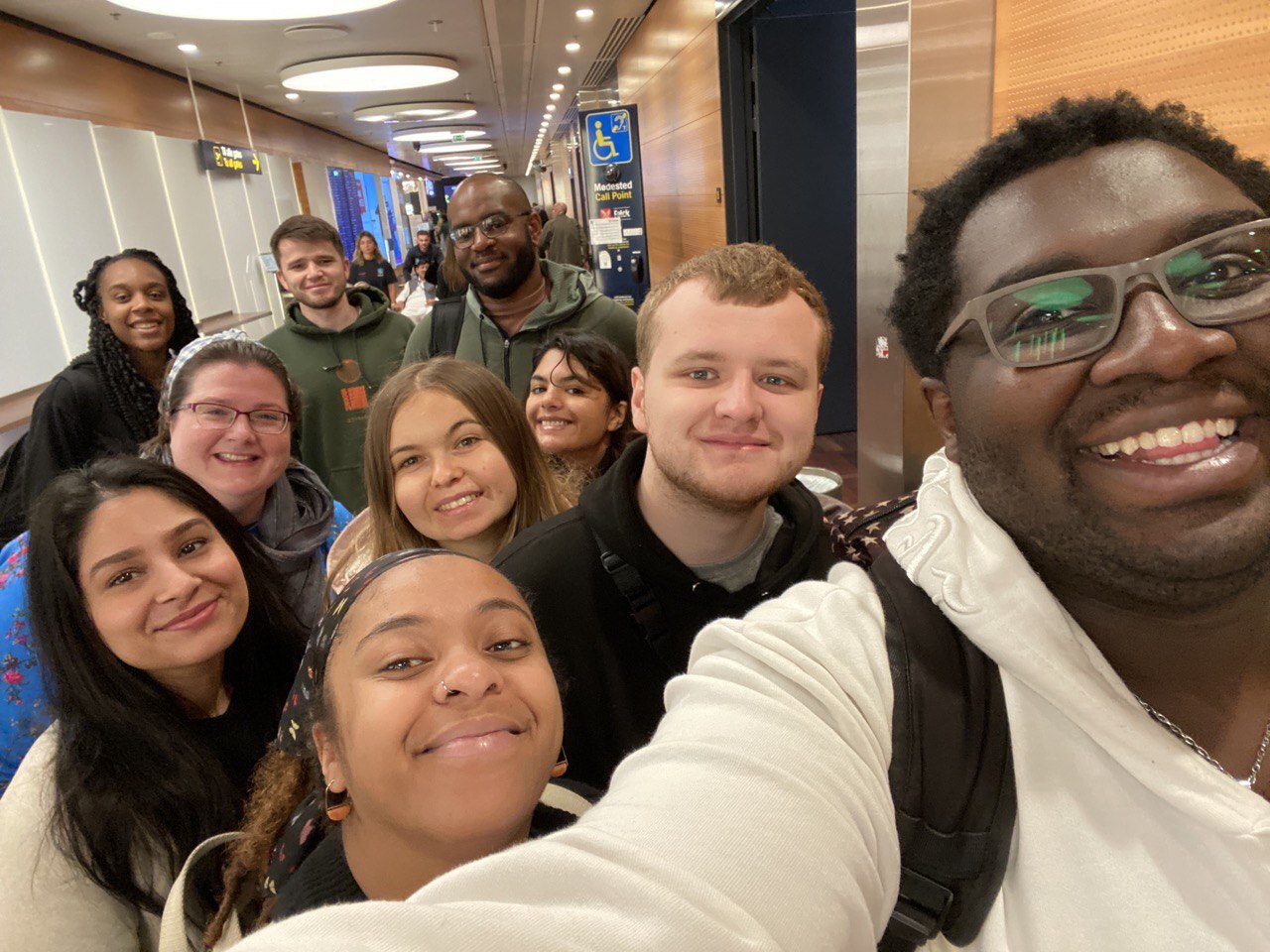
Awards and prizes
2022 has been an immensely successful year for all the staff in the Institute for Mental Health. Here are just some of the nominations, awards and prizes received.

Patricia Lockwood Associate Professor, Sir Henry Dale Fellow, and Jacobs Foundation Research Fellow
Shortlisted for the Women of the Future Science Award.
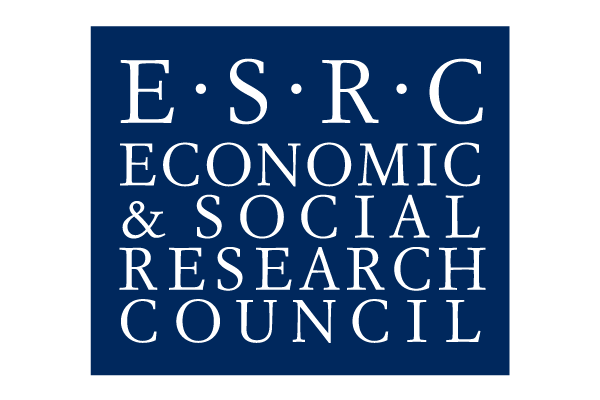
Dr Arianna Prudenzi, Research Fellow
Research Fellow, Institute for Mental Health: Awarded ESRC Fellowship ‘Addressing the Mental Health and Productivity of Young Workers using Contextual Behavioral Science’
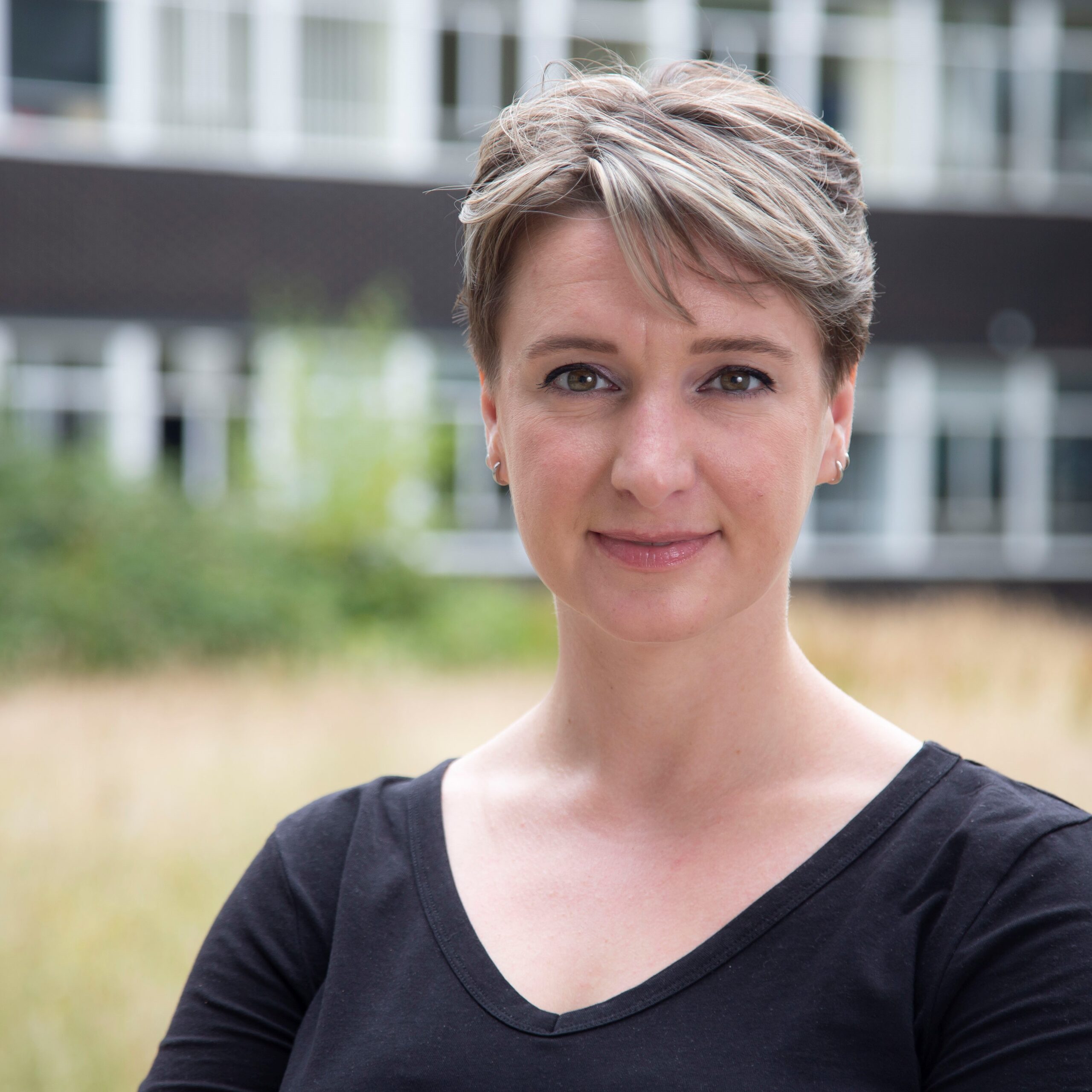
Emma Cernis, Assistant Professor of Clinical Psychology
Nominated for the International Society for the Study of Trauma and Dissociation (ISST-D) Pierre Janet Writing Award

Joan Duda, Professor of Sport and Exercise Psychology
Awarded Doctor Honoris Causa, Universidad Autonoma de Nuevo Leon, Monterrey Mexico September 2022. Doctor Honoris Causa, Malmo University, Sweden October 2022. Included in the 2022 Stanford University's list of the World's Top 2% most widely cited scientists.

Paris Lalousis, Research Fellow
Research Fellow, Institute for Mental Health: Awarded an Early Career Award from the Schizophrenia International Research Society and won the BAP award for Best Poster as well as the BAP Training Bursary.
Collaborations and Partnerships
Discover our partnerships and collaborations from 2022.
IMH Lunchtime Webinar Series
During 2022 we have organised a number of very exciting research webinars by leading experts in the field of mental health.
Working with Network Rail
Renate Reniers, Lecturer in Psychiatry, Institute for Mental Health featured on an industry facing film by Network Rail on risk assessments surrounding trespassing alongside a number of both public and private sector industry participants, including British Transport Police and DB Cargo.
Collaborations and Partnerships
Discover our partnerships and collaborations from 2022.
IMH Lunchtime Webinar Series
During 2022 we have organised a number of very exciting research webinars by leading experts in the field of mental health.
Working with Network Rail
Renate Reniers, Lecturer in Psychiatry, Institute for Mental Health featured on an industry facing film by Network Rail on risk assessments surrounding trespassing alongside a number of both public and private sector industry participants, including British Transport Police and DB Cargo.
Acknowledgements
Acknowledging sponsors, collaborators and partners from 2022.
Looking forward
After a successful 2022 we are excited about what lies ahead for the Institute for Mental Health and looking forward to settling in to the new Wolfson Research Unit for Youth Mental Health.

Professor Ed Wilding
Head of the School of Psychology, University of Birmingham
“Our Institute for Mental Health continues to go from strength to strength. This report celebrates how our institute is attracting new colleagues, partners and funding, and how the scale and reach of our influence continues to grow. And of course, what is most important is the cumulative effect of all of these exciting developments on our ability to make a real and lasting difference to the lives of people experiencing or recovering from mental health challenges”.







